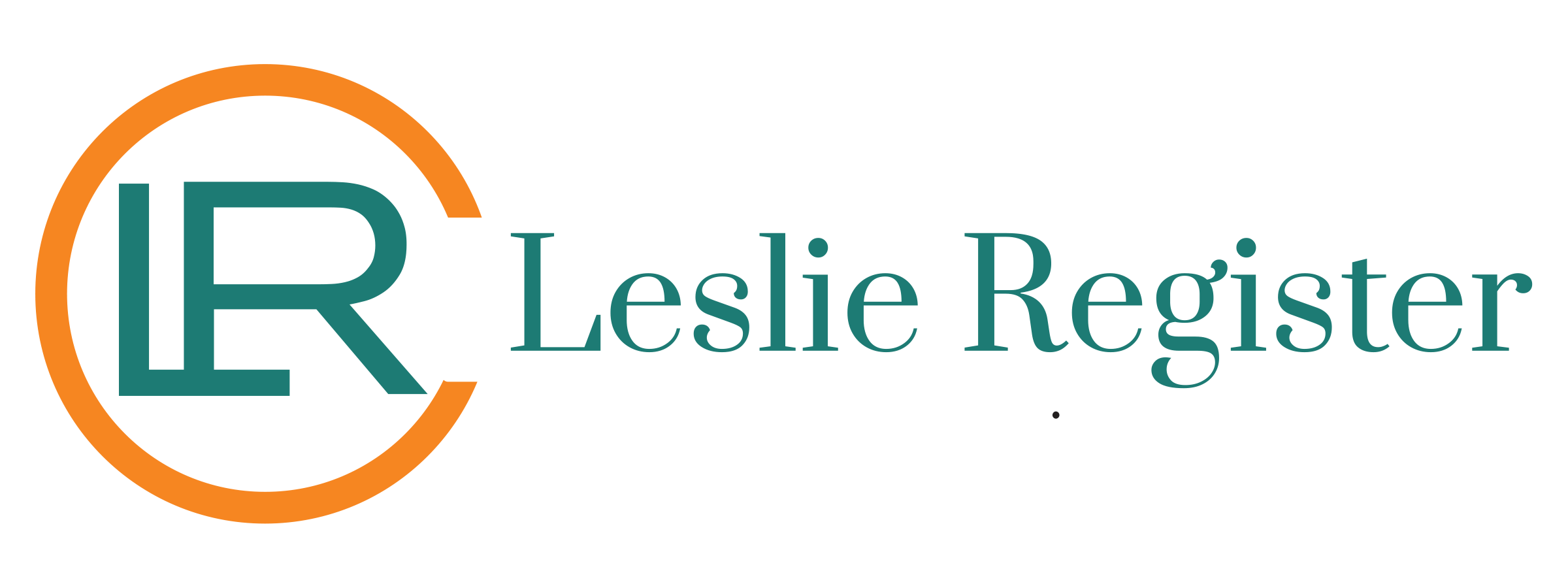by: Leslie D. Register
I am not a therapist, scientist, or doctor. I am not an expert on addiction. I am only someone who used substances and activities since a teen to provide comfort to my inside insecurities. When I faced my darkness as an adult, after 30 years of transferring from one substance or activity to another, I sat in my first Alcoholics Anonymous (AA) meeting struggling to understand how I got there.
I was raised in a loving home with supportive and nurturing parents. I was taught faith and honesty. I had all the privileges a girl could need. As an adult I was educated, active in church, had a thriving career, healthy children, and overall life looked picture perfect. I share all of this to say, there is more to addiction than what we openly see.
Addiction lives in the shadow where we least expect it. It is in our classrooms, board rooms, faith institutions, medical facilities, anywhere someone sits with some sort of internal struggle that they turn to a substance, activity, or thing to bring them comfort. This is something they may not even want but have gotten to a place that they can’t live with it our without it.
Marion-Webster defines addiction as 1) one exhibiting a compulsive, chronic, physiological, or psychological need for a habit-forming substance, behavior, or activity. 2) one strongly inclined to do, use, or indulge in something repeatedly. The most common addictions are: Alcohol, smoking, drugs, gambling, food, work, video games, internet, sex, and shopping.
The” What,” aka substance, thing, or activity is not solely what an addict needs to heal. It is also the “Why” aka feelings. Often a person can start an activity or substance to help them manage a stressful situation, negative feeling or trauma like the after work cocktail, weekend poker night, or upgrading from the single to double serving of ice cream. However, in time if they become reliant on that ‘thing’ what they once had control over could soon lead to addiction.
Why is one’s own power alone not enough to quit? My will is what led me to the addiction. Instead of facing my feelings and talking about my challenges I internalized them and then chose harmful methods to sooth the pain. Therefore, coming out of addiction meant I had to change. When I had finally hurt enough, I chose change.
In my experience the quit happened when I did three (3) things:
- Honesty & Willingness– Before any recovery could take shape, I had to admit to myself I was hurting and wanted change. Once I was honest the work began. The work meant being willing to go to any length to recover. For me I found 12- step recovery principals, sponsorship, and support form medical expert my best resources.
- Connect to others: Recovery is a “we” program. In my addiction I was isolated and kept secrets. In recovery I found healing by sharing with others, participating with my family and friends, and getting involved with service work.
- Relationship with a Higher Power– Turning my will over to God’s will was critical to my recovery. This relationship is beyond a doctrine. It is a relationship that included daily prayer, reading, meditation, journaling and trusting the pause. The pause allows me to change from being overly impulsive to being more intentional and thoughtful about my decisions and reactions.
It is likely while you are reading this article you are thinking of a friend, loved one or even yourself struggling with addiction. It is something few talk about, but many see and feel. You might even be someone dealing with the grief from losing someone to addiction because addiction and recovery affects not just the addict, but those around them.
What can we do? It’s time for change! To change we must be willing to accept, acknowledge and talk.
“When you find an addiction, do not be ashamed–be joyful. You have found something that you have come to this earth to heal. When you confront an addiction, you’re doing the deepest spiritual work you can do on this earth.” ~ Gary Zukav (excerpt from What happened to You)
- Accept that addiction is real, it can happen to anyone, and it takes more than sheer ‘will power’ alone to stop.
- Acknowledge that a person dealing with an addiction must make personal choices to stop and no person, place or thing can make them stop.
- Talk about addiction and recovery in your community and let’s work together to remove the negative stigma society has tattooed on those with addiction and their families. I believe finding my addiction and rising out was a gift.

